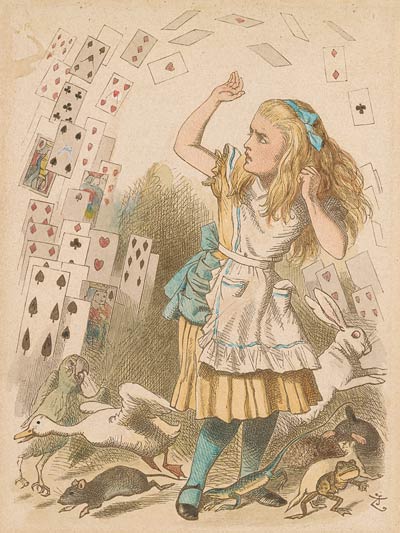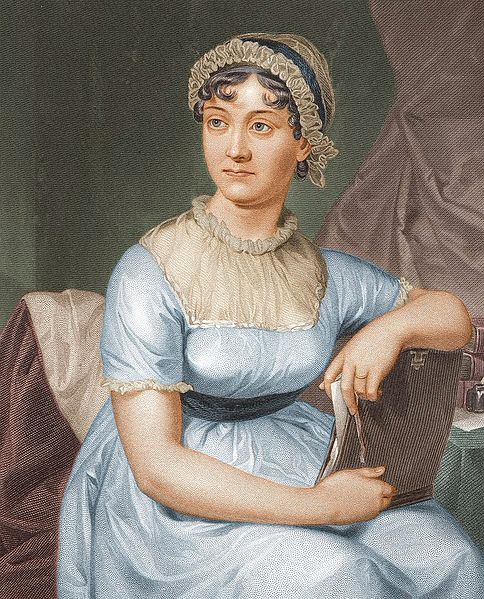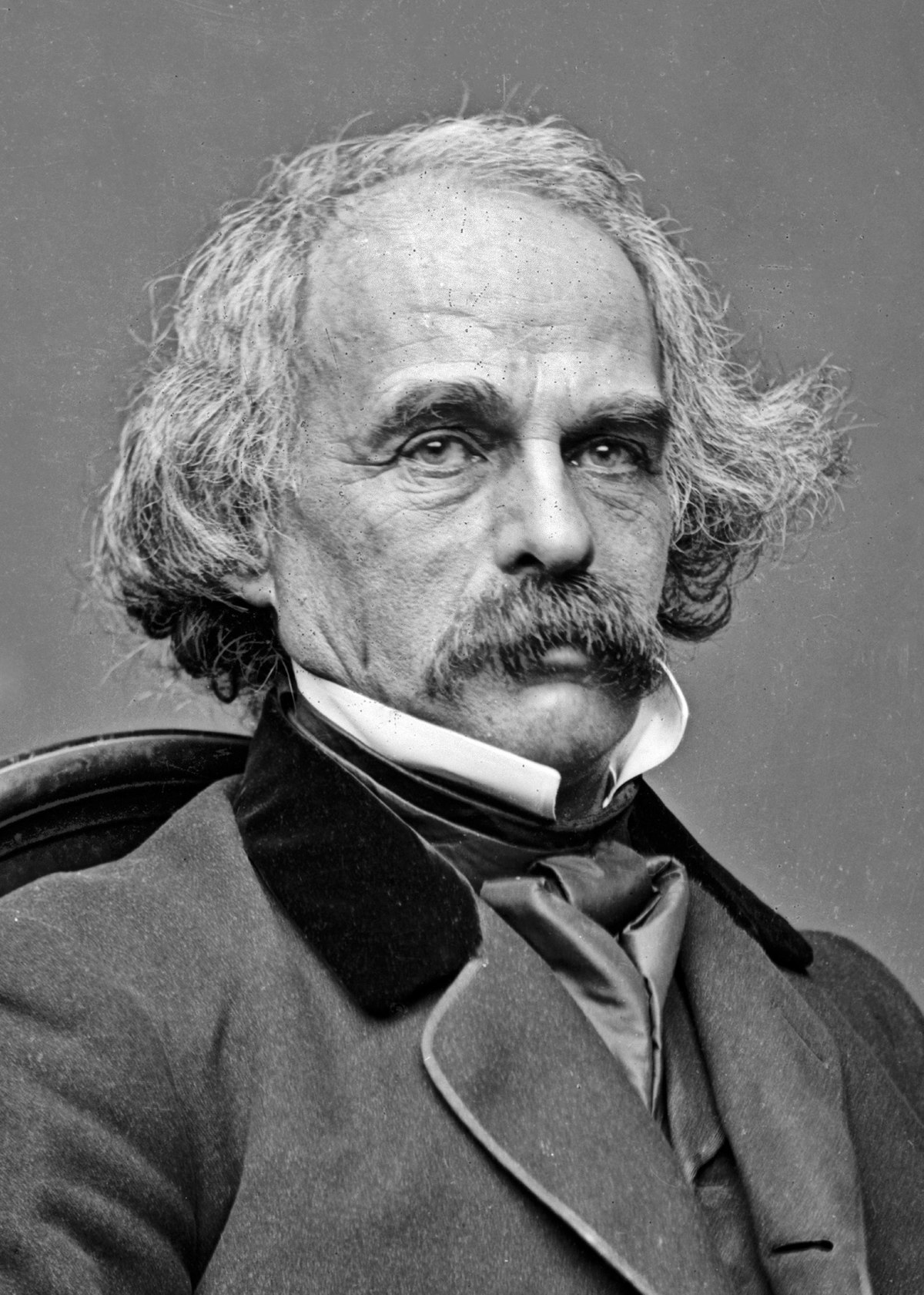This site provides free vocabulary and reading comprehension worksheets.
Each worksheet, suitable for middle school, high school and college level students,
includes a short reading, five vocabulary words to define,
sentence completion exercises, and two questions to answer.
The worksheets may be used for differentiated instruction and home learning.
One question tests literal comprehension, and one question asks the student to think critically.
If you are undecided about buying the ebook, please take a look at a free
sample.
Not all of the worksheets contain everything, but they contain enough to
make your work as a teacher (or a parent) easier.
I am developing the site and more worksheets, tests, and answer keys
will be developed.
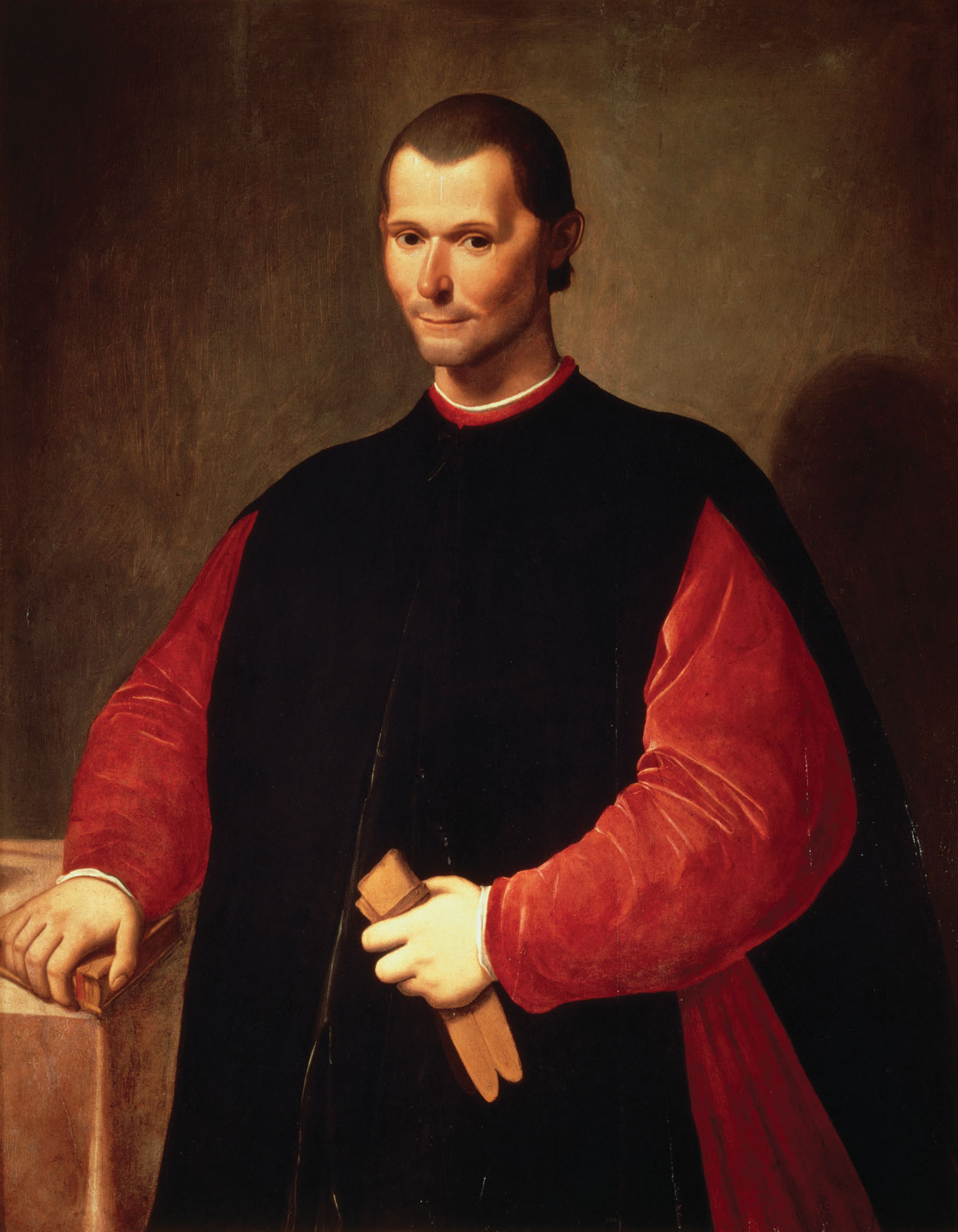
Free PDF Worksheet Suitable for Classroom Use
The worksheet is one sheet front and back. It is suitable for classroom use and freely reproducible.
Nicolo Machiavelli. The Prince. From Chapter 17, "Concerning Cruelty and Clemency"
Upon this a question arises: whether it be better to be loved than feared or feared than loved? It may be answered that one should wish to be both, but, because it is difficult to unite them in one person, it is much safer to be feared than loved, when, of the two, either must be dispensed with. Because this is to be asserted in general of men, that they are ungrateful, fickle, false, cowardly, covetous, and as long as you succeed they are yours entirely; they will offer you their blood, property, life, and children, as is said above, when the need is far distant; but when it approaches they turn against you. And that prince who, relying entirely on their promises, has neglected other precautions, is ruined; because friendships that are obtained by payments, and not by greatness or nobility of mind, may indeed be earned, but they are not secured, and in time of need cannot be relied upon; and men have less scruple in offending one who is beloved than one who is feared, for love is preserved by the link of obligation which, owing to the baseness of men, is broken at every opportunity for their advantage; but fear preserves you by a dread of punishment which never fails.
Nevertheless a prince ought to inspire fear in such a way that, if he does not win love, he avoids hatred; because he can endure very well being feared whilst he is not hated, which will always be as long as he abstains from the property of his citizens and subjects and from their women. But when it is necessary for him to proceed against the life of someone, he must do it on proper justification and for manifest cause, but above all things he must keep his hands off the property of others, because men more quickly forget the death of their father than the loss of their patrimony. Besides, pretexts for taking away the property are never wanting; for he who has once begun to live by robbery will always find pretexts for seizing what belongs to others; but reasons for taking life, on the contrary, are more difficult to find and sooner lapse. But when a prince is with his army, and has under control a multitude of soldiers, then it is quite necessary for him to disregard the reputation of cruelty, for without it he would never hold his army united or disposed to its duties.
Define Each Word
- fickle
- covetous
- scruple
- patrimony
- pretext
Write the Correct Word from the Vocabulary
- Jason's ________________________ was far greater than anyone imagined; his father left him the entire estate.
- Advertisers and merchants try to anticipate the sometimes ___________________ and ever-changing tastes of consumers.
- A generous person will find any _____________________ to help those in need; a selfish person will find any not to.
- Because of her _____________________ and moral grounding, Beatrice refused to condone the bullying of the new student.
- Jan's _________________________ nature never allowed him to be content with what he had; he always desired things that belonged to others.
Comprehension and Discussion: Answer Each Question in Complete Sentences
- How does Machiavelli characterize the nature of humanity?
- Why does Machiavelli instruct a ruler (a prince)
to abstain "from the property of his citizens and subjects and from their women"?
Is Machiavelli correct? Why or why not?
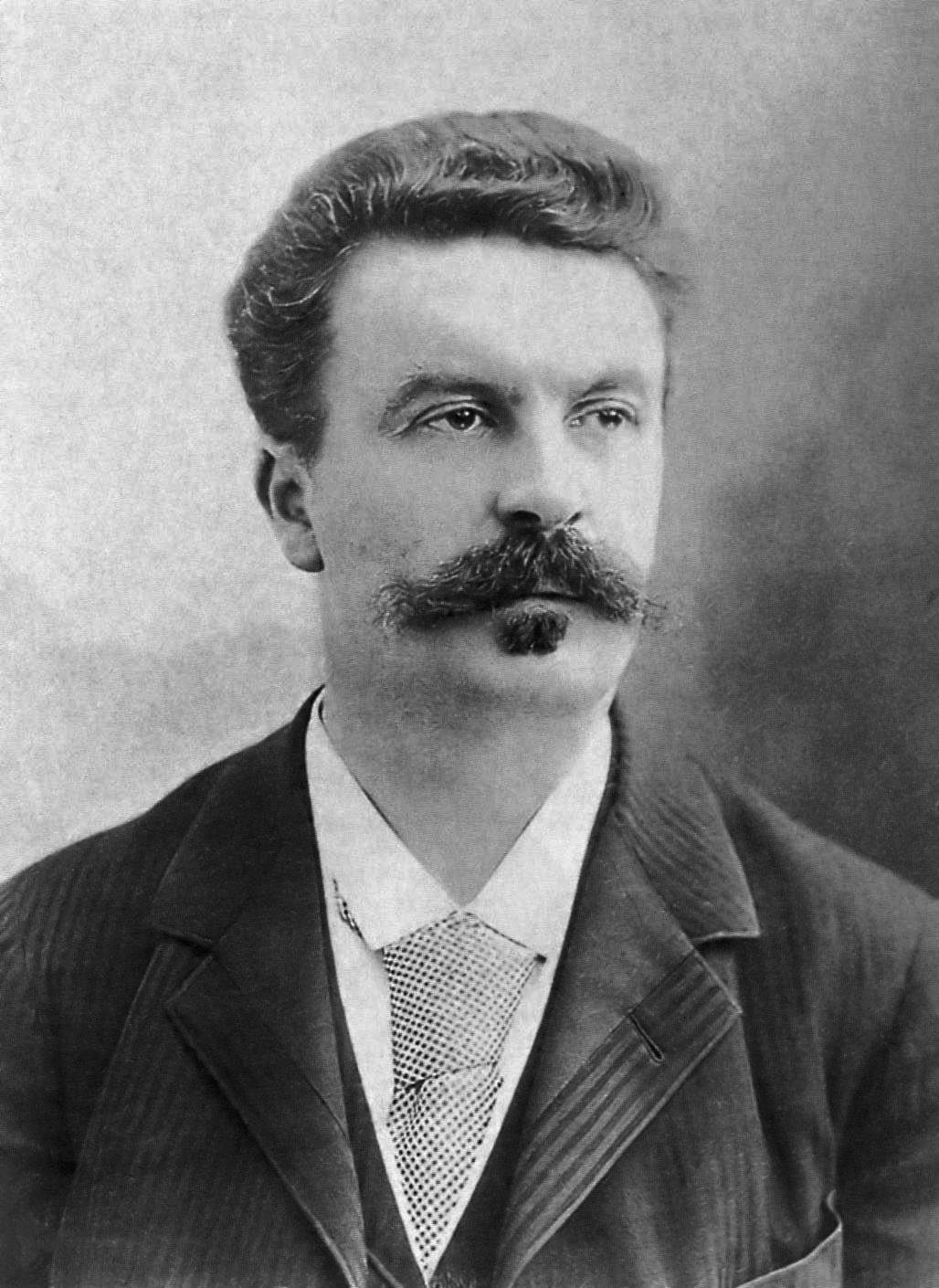
"The Necklace" by Guy de Maupassant
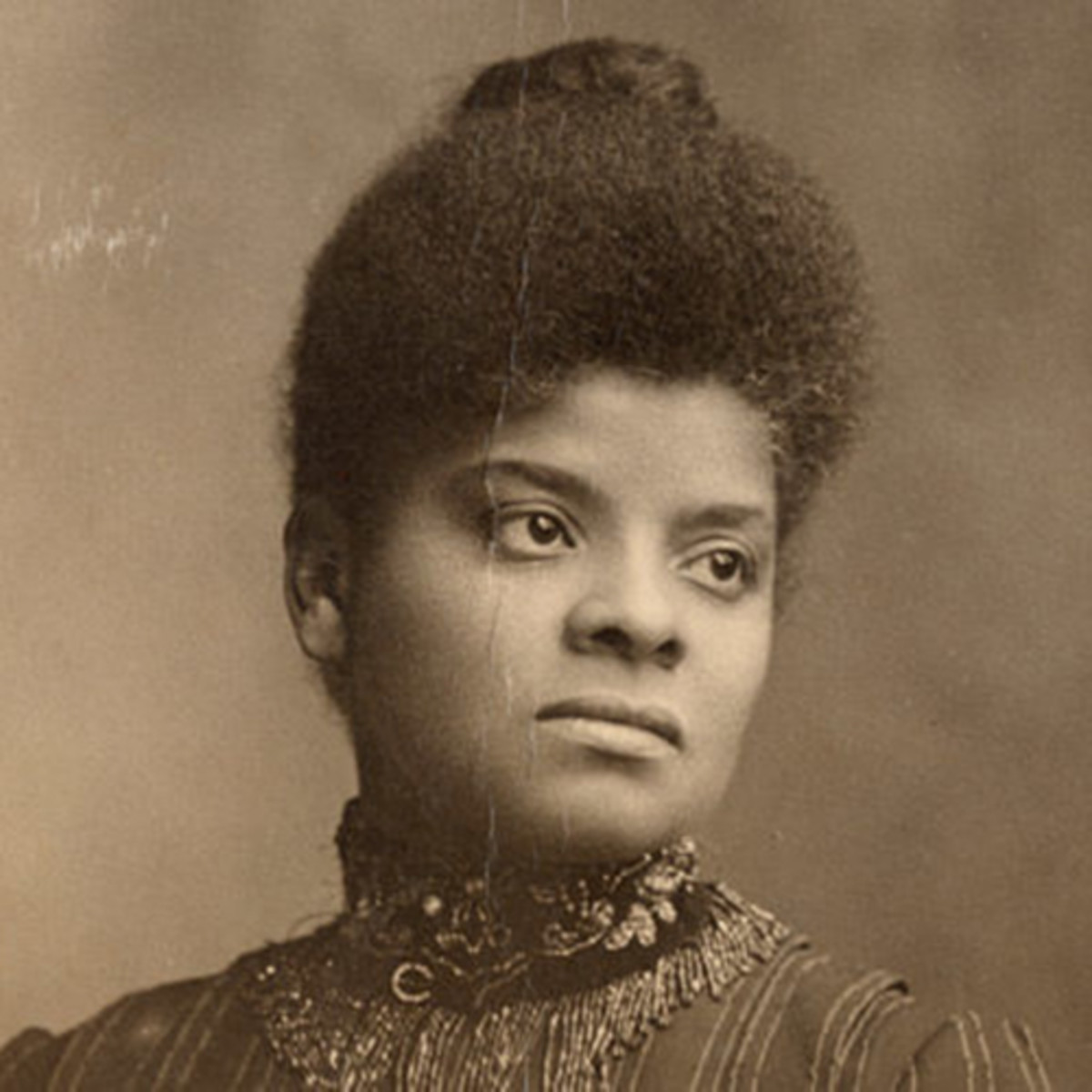
"Southern Horrors: Lynch Laws" by Ida B. Wells

From The Awakening by Kate Chopin
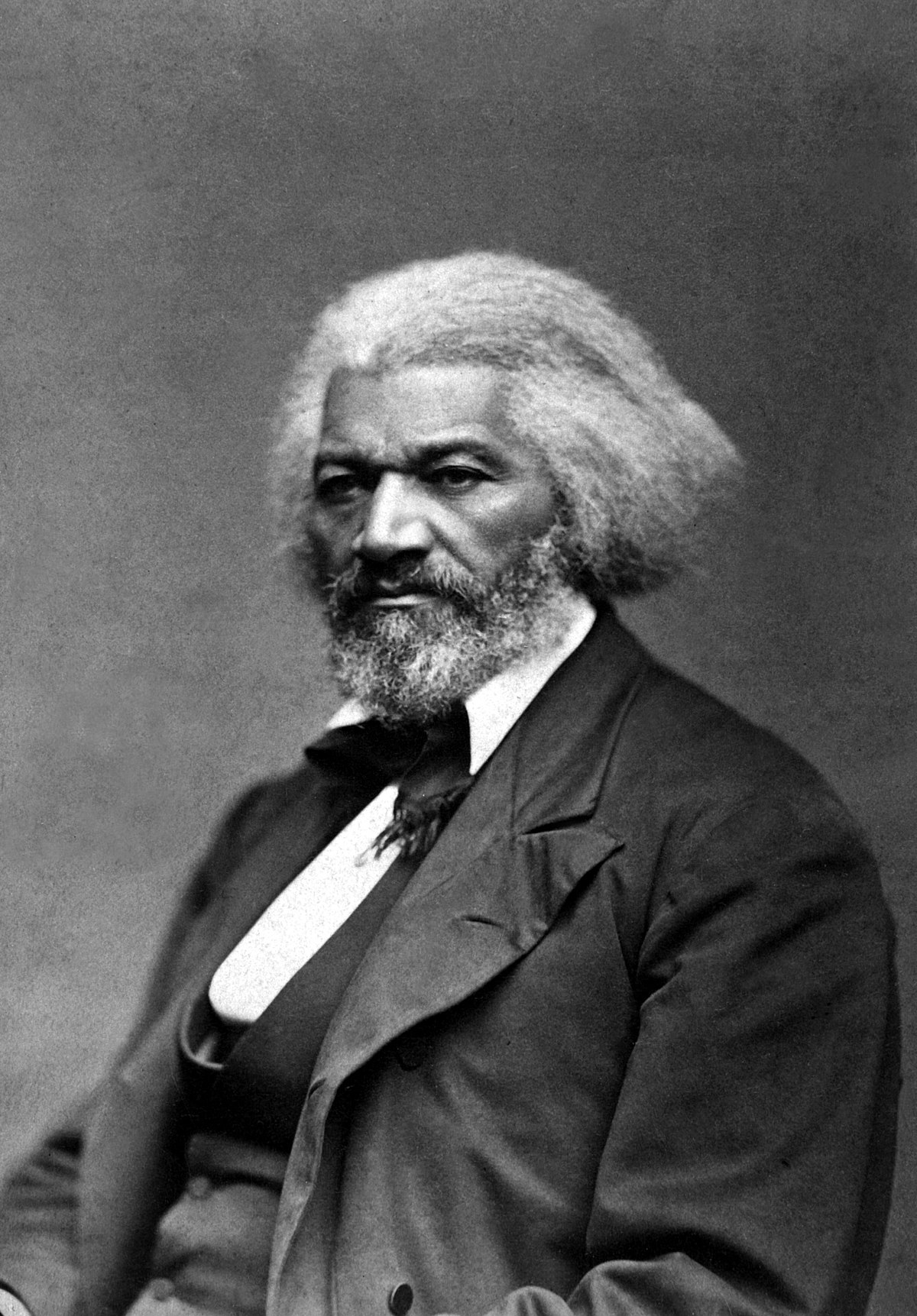
Narrative, From Chapter 1, by Frederick Douglass
I hope you found what you needed.
Proverbs 18:15
"The mind of the prudent acquires knowledge, And the ear of the wise seeks knowledge."





